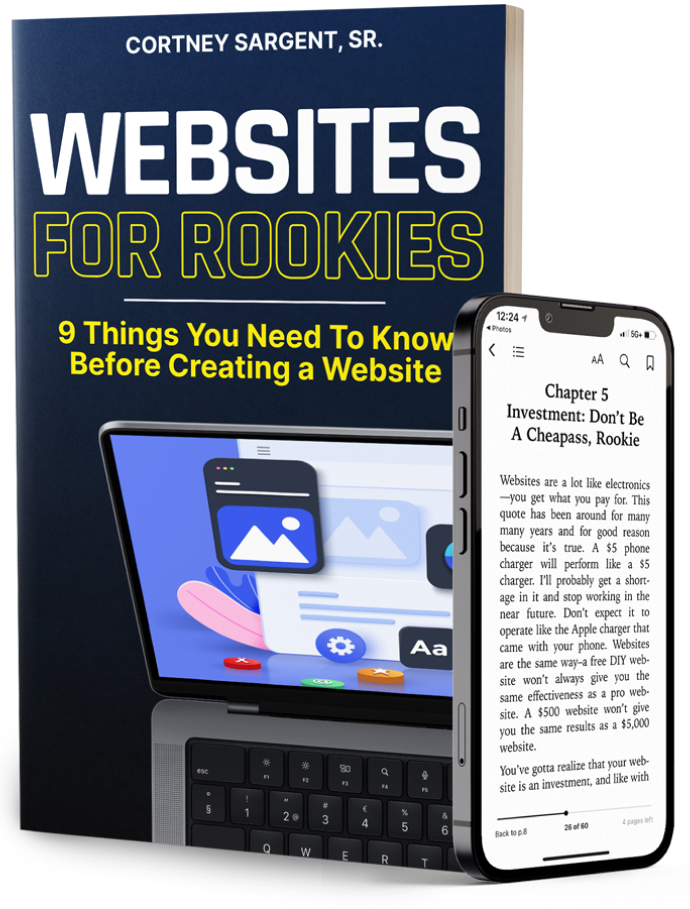Business networking is a socioeconomic activity by which like-minded business people communicate. Business networking is making connections with others in a meaningful way, and looking for opportunities to help them, all while growing your own business or product. Here are a few tips on how to effectively network with other entrepreneurs and business owners.
Let people know who much you care – “People don’t care how much you know until they know how much you care.” – Dale Carnegie
Give. Never make a connection with someone for the sole purpose of trying to get something from them. It’s much better, in the long run, to give something to people. First be a giver because that opens the door of opportunity for someone to give to you. And, those opportunities will come naturally. You don’t have to be a salesman or try to manipulate people.
Practice the art of listening. When most people converse, they don’t actually listen. What they are doing is silently preparing their own rebuttal or pitch. Instead, actually listen to what others are saying to you, so when they finish talking, you have something relative to respond with; and it makes the other person feel that you’re genuinely interested in them and their motivations and goals. And, if you can find a way to help them, whether it be through connection with a key person that they may want to know, or giving them a pointer to some information or resources that would really help them, you will make an impression that is impossible to duplicate through normal networking manipulation. Remember, real networking is about helping others succeed. When you help others with their success, your success is inevitable.
Ask open-ended questions. Ask questions that lead to conversations and not just a yes or no response. Ask who, what, when, where, why. This form of questioning will lead to an effective discussion. People will know that you are genuinely interested in them and what they do. Instead of asking: Have you ever been to a local business seminar?” ask this question instead: “I’ve been to a few local business seminars and found them to be pretty helpful. What do you think about them? Have they helped your business grow?” As opposed to the first question, which leads to a dead end yes or no, the second question opens the door for the other person to speak about their experience. Even if they’ve never been to a local seminar, you can ask why, which leaves the conversation open and leads to further dialogue.
Be able to articulate what you do. Nothing is more embarrassing than being asked what you do for a living and you draw a blank or fumble over your words. That shows that you’re not confident, you’re not sure of who you are, what you do and it ultimately shows your unprofessionalism. On the other hand, you may know exactly what you do and know how you want to say it, but if you can’t articulate it when asked, it doesn’t matter. People can’t read your mind. You must be able to express yourself in a clear concise manner.
Develop an elevator speech. An elevator speech is a short summary that is used to quickly and simply define a person, profession, product, service, organization or event, and its value proposition. It basically tells who, what, when, where, why and sometimes how. It is a concise, simple and effective way for you to introduce yourself to people. When meeting people for the first time, it should be no longer than 30-45 seconds. It’s good to prepare and learn the same elevator speech at different lengths. Have one that is 15 seconds, 30 seconds, 45 seconds, 60 seconds and even 90-120 seconds long. If you participate in an open-discussion networking forum, you may be required to speak about your business for up to 2-4 minutes. Being prepared in this manner shows that you’re polished, prepared and ready to work.
Have professional marketing material. Professional, up-to-date marketing materials are extremely important for effective networking. Having a business card or brochure that you can leave with people makes a world of difference. What this does is creates a lasting impression of you and creates the opportunity for them to remember you. If you’re torn between having a business card or a brochure, let’s settle that now–BUSINESS CARD. Having a business card is a must-have for almost every entrepreneur or business owner. As long as you’re consistently networking and marketing your business, you can never have too many business cards. Depending on your business or field, brochures are also good to have; but business cards are better. Why–because, they’re small and straight to the point. They fit easily in almost any pocket or wallet. However, the choice to use a business card, brochure or any other marketing material is ultimately up to you. Do what works most effectively for you and your business.

